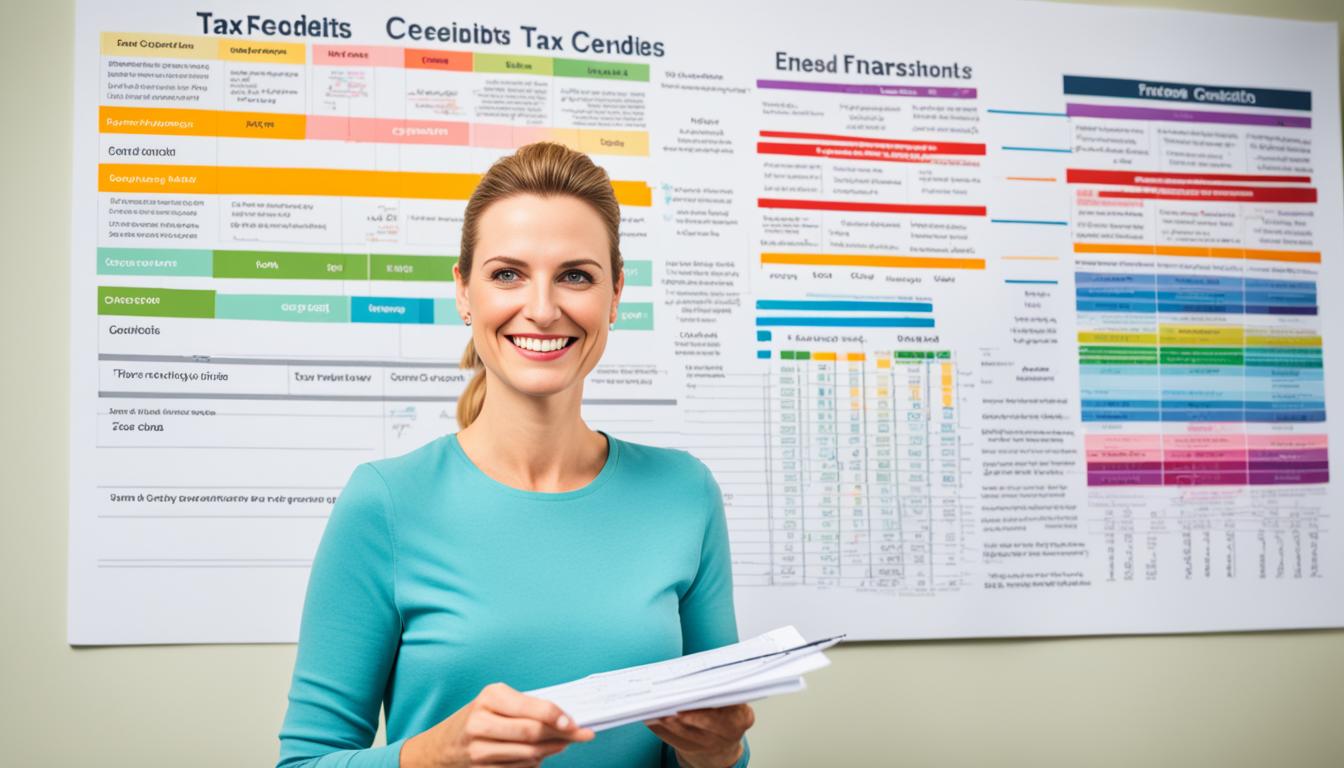Frugal living means using money and resources wisely. It’s about spending smartly, not just saving lots. This way of life isn’t about being extremely minimalistic or always using coupons.
It’s about making thoughtful choices. These help balance saving now with planning for the future. A good plan is the 50/30/20 budget. It splits income into needs, wants, and savings.
This budget pays for essentials and still lets you enjoy life. It also helps you save for later. Since food costs a lot, managing this part of your budget can save you money.
Regularly tidying up can stop you from overspending. When you sort through what you have, you don’t buy things you already own. You might also find things to sell for extra cash.
Looking over yearly bills can show services you don’t need. Cutting these can lower your expenses. Simple steps like these can make living economically easier.
For more essential tips on frugal living, learn ways to save money. Embrace a budget-smart lifestyle today.
What is Frugal Living?
Frugal living is more than saving pennies. It’s about smart money and resource use. It includes many frugal tips for financial discipline and money saving habits. It means choosing quality items and being a smart shopper.
Understanding frugal living means finding ways to manage money well. Everyone can find ways that work best for them.
We offer 12 key tips for a frugal life. It’s crucial to know what you really need versus what you want. Living frugally helps you choose the best budget for your lifestyle.
Checking your spending and cutting what’s not needed saves money. Setting limits helps avoid buying on impulse. This ensures you spend wisely.
Using warranties, matching prices, and shopping smart save you money. Put your values first to use resources well. This makes thrifty living sustainable and fits your financial goals.
- Understand the difference between wants and needs.
- Utilize various budget types to guide spending habits.
- Leverage product warranties and price-match policies.
- Create boundaries to avoid impulse purchases.
- Prioritize personal values to allocate resources efficiently.
- Conduct annual audits on spending and bills.
- Adopt smart grocery shopping strategies.
Prioritize Quality Over Quantity
It’s smart to choose quality over how much you buy. By picking durable goods, you spend less on replacements. This approach is not only wise but also saves money in the long run.

Kobe Bryant practiced making 2,000 shots daily during his offseason. His efforts show how hard work pays off. Spending on quality items saves money over time, just like Bryant’s practice improved his skills.
Kanye West made 5 beats every day for three summers. His hard work led to great music. Buying high-quality things means less replacements. This saves money in the future.
A ceramics class study showed focusing on quantity led to better quality. Practicing often improves results. Similarly, investing in durable, upfront costly goods is cheaper over time.
Karen Cheng danced every day for a year. Her dedication and feedback led to big improvements. This same dedication can help us make smarter buying choices. We save money and get better value.
Choosing quality over quantity isn’t about spending more. It’s about smart, long-term saving. Buying durable goods is wise. It means making the most of our money for a stable future.
Managing Credit Cards Wisely
Credit cards can be tricky but also beneficial. They can reduce expenses if used right. Use them for planned buys and pay off monthly to dodge interest.
Here are key tips for smart credit card use:
- Use cash-back rewards for daily buys.
- Keep an eye on credit utilization for a good credit score.
- Pick cards with no yearly fees, like the Synchrony Premier World Mastercard®.
With these steps, credit cards become helpful. They save money and help our finances grow.
Declutter Regularly to Save
Gas prices and the costs of goods are going up. Being careful with our budget is more important than ever. A simple, careful way to cut costs is to declutter wisely. We must keep items because they work well and we can use them again. This is different from just throwing things away.
You can even make money by selling unwanted items. This helps you avoid buying things you already have. You save money and space. It also means buying only what you really need. Keeping extra items on hand avoids the cost of buying them again later.
Sometimes, what seems like trash can be useful again. Repurposing items saves money. It makes our financial planning better. Unlike the 20/20 rule, this way keeps more for future use. The rule says if it’s less than $20 and can be replaced in 20 minutes, throw it out.

Frugal decluttering looks at each item’s value and how it might be used again. It often means selling things we don’t need. Or not gathering too much stuff. For more tips, check out this informative guide.
Making decluttering part of our day helps keep our homes neat. It also cuts down on spending.
Using a Budget as a Spending Guide
Effective budget planning helps manage money well. It guides you on how to spend and save. A budget lets you set money aside for what you need and avoid buying things you don’t need. There are many ways to budget to fit your way of handling money.
The zero-based budget makes sure every dollar has a job. It balances what you earn with what you spend. This way, you plan your spending carefully and save money.
The 50/30/20 rule is another budgeting idea. It helps you split your money—50% for needs, 30% for wants, and 20% for saving or paying off debt. This plan helps you take care of your needs while saving for the future.
Using these budgeting tips can make spending money more meaningful. A good budget keeps you stable financially and helps achieve your dreams. It’s a tool that brings financial freedom.
Distinguishing Wants vs. Needs
Knowing the difference between wants and needs is key to smart spending. By focusing on essential spending, you make sure your financial priorities are in order. And you still get to enjoy treats now and then.
Here are tips for smart buying decisions:
- Find out what you really need to be happy and healthy.
- Think about how buying something fits with your financial priorities.
- Consider if what you’re buying will benefit you in the long run.
Being able to tell wants from needs helps you spend wisely. This smart spending leads to a stable money situation. You take care of essential spending first. But you can still have fun treats sometimes.
https://www.youtube.com/watch?v=w1Ec_6bfcsc
Be a Savvy Consumer
A smart consumer knows how to make smart shopping choices. They know learning about product warranties is key. This knowledge protects their buys and cuts down on costs later. Also, shopping during sales means buying things at low prices, which saves a lot of money.
Using price-match policies can also help save money. With them, you can get a price adjustment if you find the same item cheaper elsewhere. Stores like Best Buy and Walmart offer these. They make sure you always get the best deal.
Using money-saving strategies like coupons is smart too. Coupons help save money on food, home things, and more. They are easy to find and use. By combining these tips, you can use your money in the best way. This helps you live well without spending too much.
Prioritize Your Personal Values
Living frugally is not just about saving money. It’s also about spending in line with what’s important to you. This choice leads to using money wisely on things that matter, boosting happiness and well-being.
Think about what truly matters to you. It could be learning, staying healthy, or helping a cause. When you spend money on these things, it feels good. Your money is making your life better.
Spending wisely doesn’t mean you give up everything else. It means spending less on things that are not as important. For example, if you love to travel, you might eat out less. This way, you save money for what you love. Doing this makes frugal living meaningful and focused on your values.






